French court upholds extradition of Rwanda genocide suspect to UN tribunal
France's top appeals court has ruled that Rwandan genocide suspect Felicien Kabuga can be handed over to a United Nations tribunal in Tanzania to stand trial on charges of crimes against humanity.
The Cour de Cassation, France's highest appeals court for criminal cases, on Wednesday rejected Kabuga lawyers’ arguments that he should face justice in France.
In a statement, the top court said it “considers that the investigating chamber was able to consider correctly that there was no legal or medical obstacle to the execution of the arrest warrant transfer order to the United Nations detention center in Arusha, Tanzania."
The ruling upholds one by a lower court on June 3 that Kabuga be extradited and should stand trial at the Mechanism for International Criminal Tribunals (MICT) in Tanzania.
Kabuga's lawyers in their submission had argued that his health was too frail for him to be transferred to Tanzania, particularly during coronavirus pandemic.
Kabuga's lawyers also said after Wednesday's ruling that the defense team would seek Kabuga to be transferred to The Hague rather than Arusha, "because in The Hague his rights will be better protected."
In May, the French Justice Ministry announced that Kabuga, one of the most wanted suspects of the Rwandan genocide, had been arrested near Paris, where he had been living under a false identity.
UN prosecutors accuse the former tycoon of bankrolling and importing huge numbers of machetes for ethnic Hutu militias who killed hundreds of thousands of Tutsis and moderate Hutus in Rwanda during a 100-day period in 1994.
Kabuga has denied the charges, including genocide and incitement to commit genocide.
The slaughter in 1994 began after President Juvenal Habyarimana and his counterpart Cyprien Ntaryamira of Burundi — both Hutus — were killed when their plane was shot down over the Rwandan capital.
Rwanda has said it wants to see Kabuga tried by its own courts. Rwanda itself carried out nearly two dozen executions of people convicted for their role in the conflict before abolishing the death penalty in 2007.
In recent years, new questions about France's role in the Rawanda extermination have been raised. France was a close ally of the Hutu-led government of President Habyarimana prior to the massacre.
Back in 2010, former president Nicolas Sarkozy admitted that France had made "serious errors of judgment” about Rwanda. The sober admission was the first by a French leader as the country's colonial past in Africa is coming back to haunt it.
Last year, French President Emmanuel Macron's office said in a statement that the president had appointed a commission to investigate the country’s alleged role in the genocide.
However, Paris is adamant about maintaining its foothold in the African continent, even in countries that gained independence almost six decades ago.
VIDEO | US fires: Criticism mounts over govt. failure to respond
VIDEO | Fears, hope in Gaza amid intensified ceasefire efforts
VIDEO | Press TV's news headlines
Hamas: Ceasefire agreement result of steadfastness, resistance in Gaza over 15 months
Hamas thanks Iran, Resistance Front following achievement of ceasefire in Gaza
'Capitulation': Israeli officials and media concede Gaza defeat as truce unfolds
'Gaza has won': Social media users react to ceasefire with mix of relief, joy
Iran seeks South Korea’s assistance for AI, fiber-optic projects


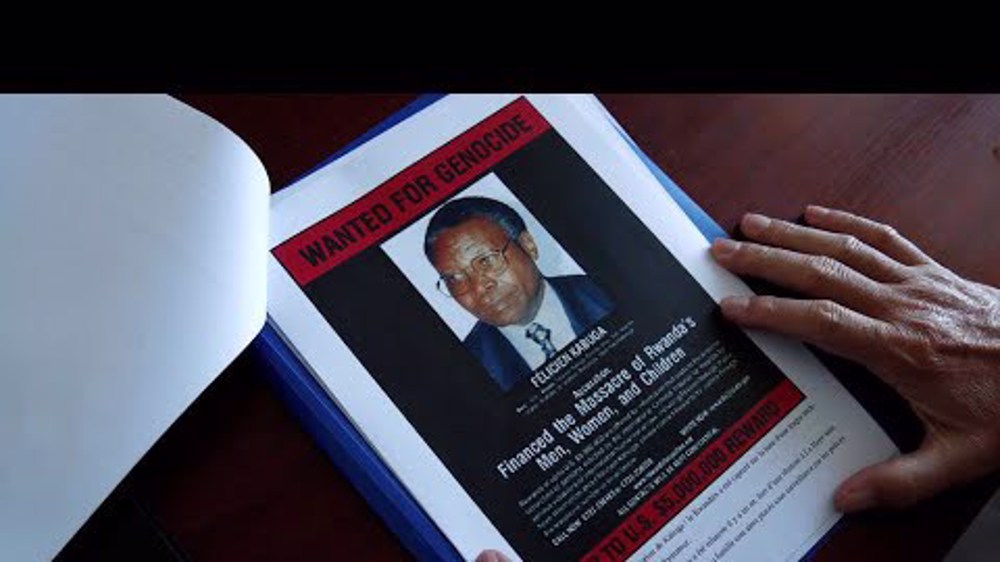
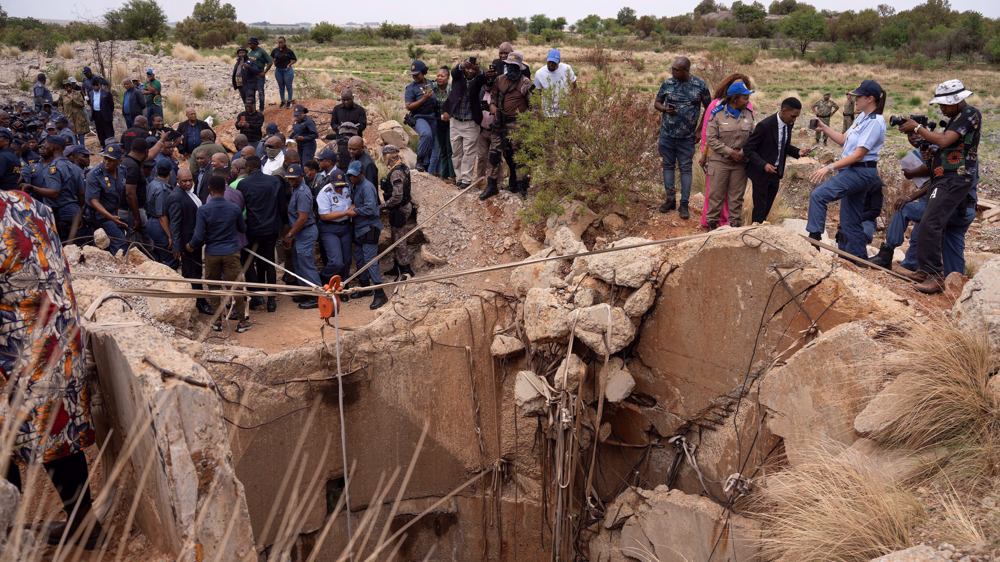
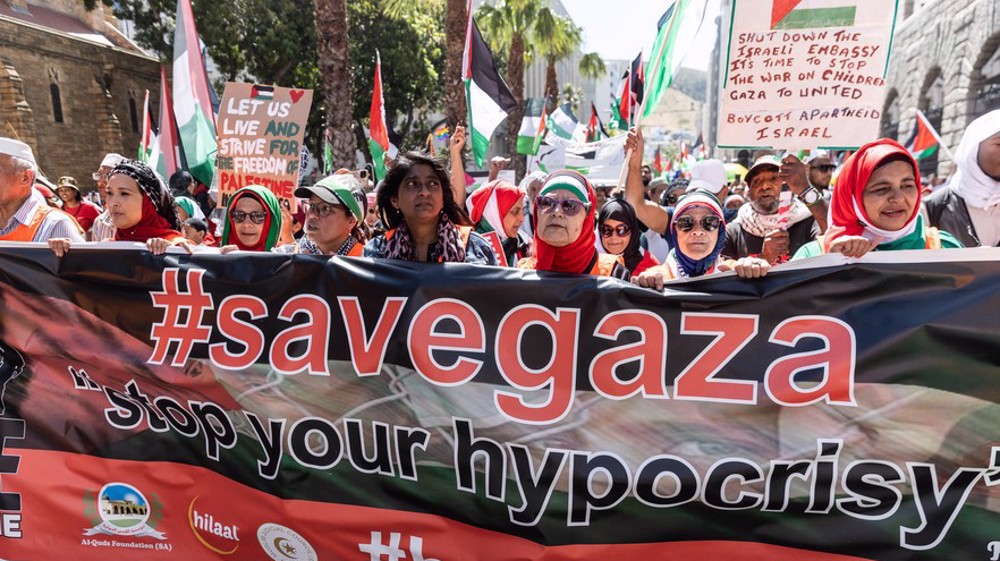
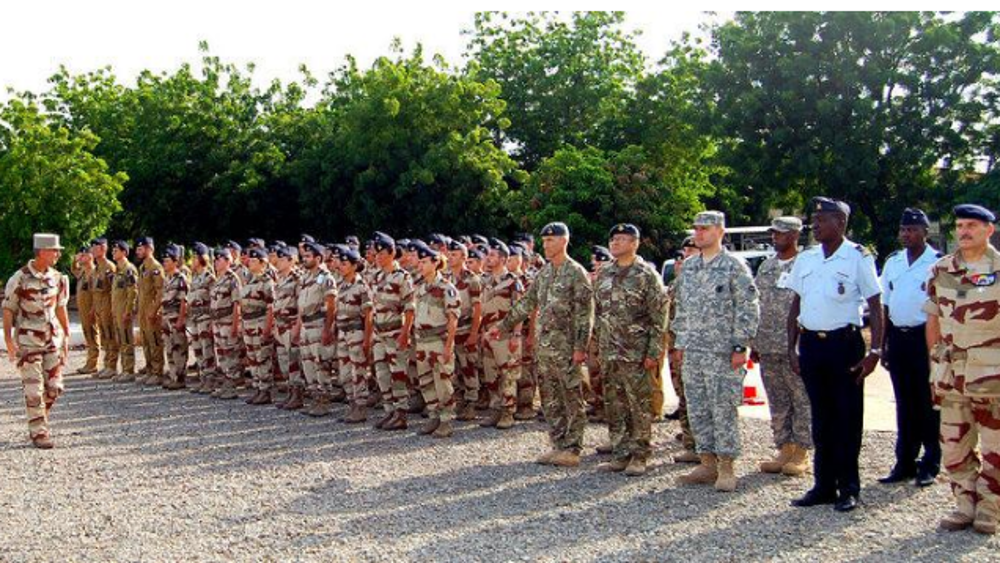




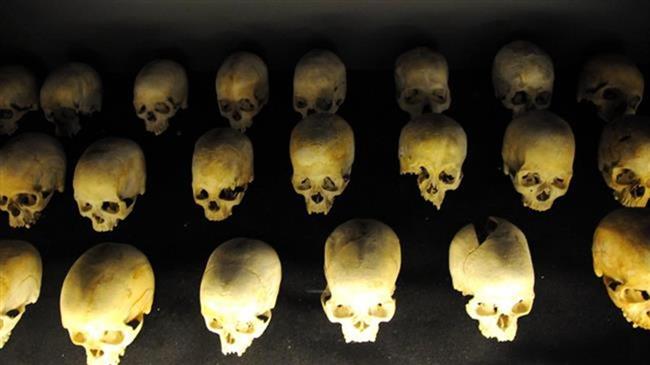






 This makes it easy to access the Press TV website
This makes it easy to access the Press TV website